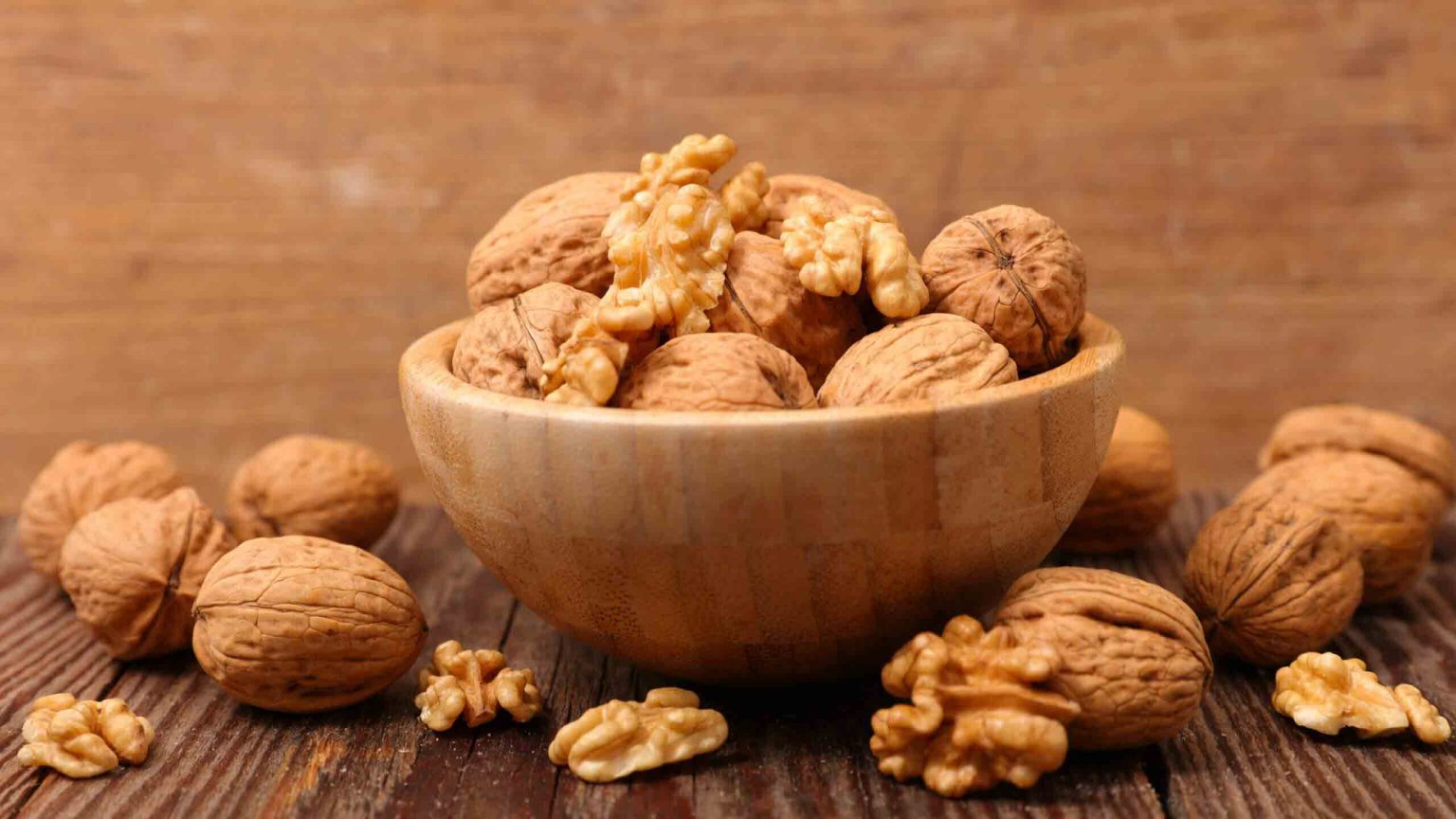Could you be deficient in omega-3 fatty acids without even realizing it? If you’re like the average person in the Western world, the answer could be yes!
Research investigating the ratio of omega 3 to omega 6 fatty acids that the human species consumed as we evolved suggests that this ratio was close to 1 (Simopoulos, 2002). However, the average American today is consuming much more omega 6 than omega 3, with sources reporting 14 to 25 times higher consumption of omega 6 than omega 3 (Omega-3 Fatty Acids, 2015; Simopoulos, 2002).
So what does this imbalance of these essential fatty acids in favor of omega 6s mean for our health? Research has suggested that higher intakes of omega 3 fatty acids have a beneficial effect on cholesterol, blood pressure, heart disease, diabetes, rheumatoid arthritis, osteoporosis, and skin disorders (Omega-3 Fatty Acids, 2015). Additionally, regular and adequate consumption of omega 3 fatty acids may decrease the risk of getting certain forms of cancer, prevent/slow cognitive decline, and reduce menstrual pain (Omega-3 Fatty Acids, 2015). Higher intakes of omega 3s have also been shown to improve response to treatment for depression (Su, 2013), and may have beneficial effects on other mental health disorders such as bipolar disorder and schizophrenia, although more research is needed to solidify and better understand these potential effects (Simopoulos, 2002)
With all of this research pointing to the benefits of greater consumption of omega 3 fatty acids, and the shockingly low rates of actual consumption of this essential fatty acid in the general population, upping your intake of this fat could potentially make a positive difference for your health, as you could be deficient without even knowing it! Here are the top sources of omega 3 fatty acids that you should consider adding to your diet or consuming more of if you think you may not be taking in enough!
- Fish (especially salmon) – If you choose to eat fish, make sure that it is wild-caught, not farmed, as farmed fish is often fed corn which lowers the nutritional value!
- Nuts (especially walnuts) – This is a great option for people who choose not to consume fish!
- Flaxseeds and flaxseed oil – If you choose to consume flaxseeds, either purchase them pre-ground or grind them yourself, as the nutrients are much more difficult to extract if consumed in their whole state.
- Hemp seeds and Chia seeds – This is another vegetarian/vegan option you can include in your diet to up your omega 3 intake. Did we mention that these seeds are delicious?! Sprinkle them on everything for a super easy and delicious way to get in more omega 3s!
- Leafy greens – This one is a bit surprising! Who knew greens actually contain fat? Greens are amazing for your health in many ways, and the fact that they contain these essential fatty acids is just another reason to eat them!
Try adding more of these foods to your diet and feel the difference!
References
Omega-3 Fatty Acids. (2015). University of Maryland Medical Center. Retrieved from http://umm.edu/health/medical/altmed/supplement/omega3-fatty-acids/
Simopoulus, A. P. (2002). The importance of the ratio of omega-6/omega-3 essential fatty acids. Biomed Pharmacotherapy, 58(8), 365-379.
Su, K. P., Huang, S. Y., Chiu, C. C., Shen, W. W. (2003). Omega-3 fatty acids in major depressive disorder a preliminary double-blind, placebo-controlled trial. European Neuropsychopharmacology, 13, 267-271.


